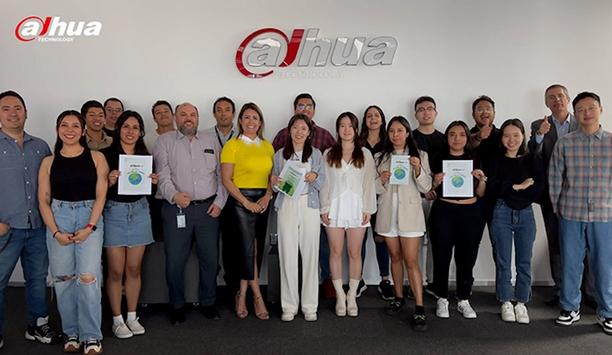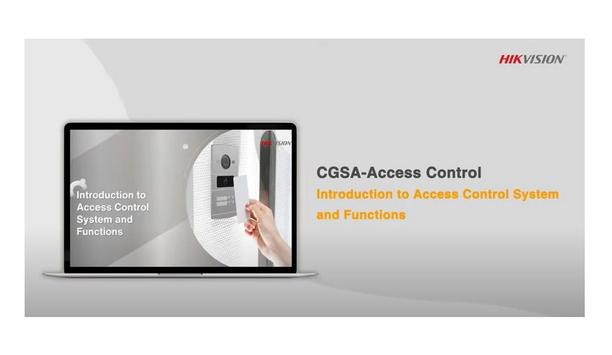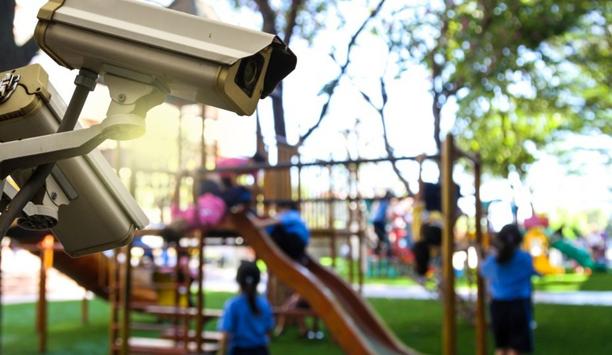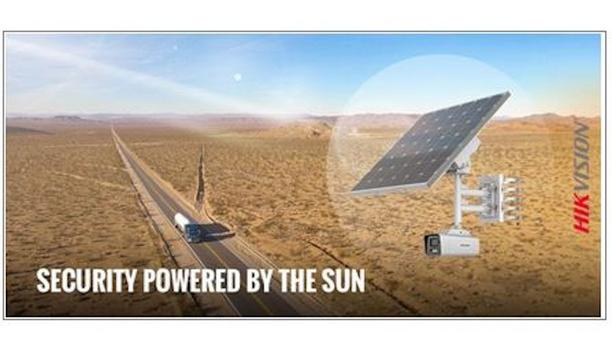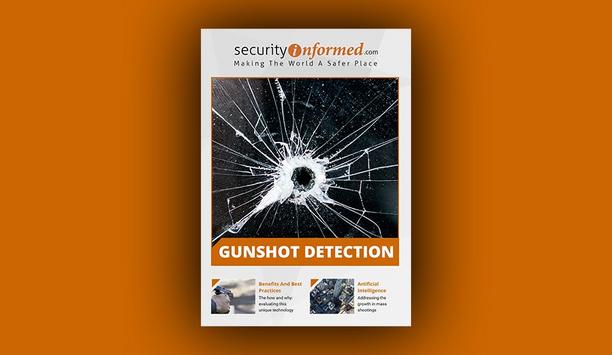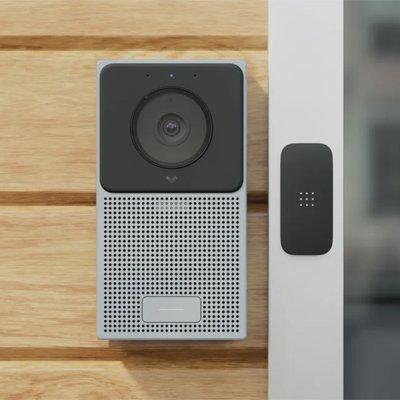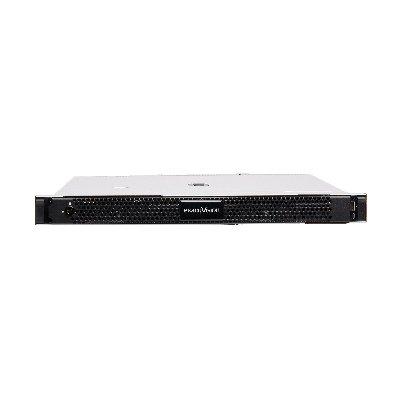 |
| SIA's leadership highlights its commitment to providing results for the entire security industry |
The Energy Independence and Security Act (EISA) of 2007 requires electronic devices to meet certain efficiency standards while in "no-load" mode. The requirements apply to security and life safety devices - such as video surveillance and access control systems - even though they are always in "active" mode. To correct this, SIA pulled together a coalition that contains both industry and environmental groups - including the Natural Resources Defence Council (NRDC) - to draft legislative language and advocate for a fix.
Rep. Frank Pallone, D-N.J., a member of the House Energy and Commerce Committee and the panel's Energy and Environment Subcommittee, proposed a bill that reflects the language drafted by the coalition and that would provide an exemption from the "no-load" requirements for security and life safety products. The bill would retain EISA's "active" mode efficiency standards for those products. Reps. Roy Blunt, R-Mo., and Doris Matsui, D-Calif., are co-sponsoring the legislation.
"We thank Congressman Pallone for his efforts to enact this important correction," said SIA Director of Research Mark Visbal. "The technical glitch in the original bill is bad for both the industry and consumers, a fact recognized by the environmental groups that have joined us in advocating for this fix."
The Energy Independence and Security Act of 2007 requires electronic devices to meet certain efficiency standards while in "no-load" mode |
A similar measure introduced on March 2 by Sen. Jeff Bingaman, D-N.M., is in the Senate Energy and Natural Resources Committee. While Bingaman included the security and life safety exemption in a broader bill, Pallone's proposal is a stand-alone measure.
SIA's leadership in developing consensus on the issue, noted by Visbal and other association officials, offers an important example of the group's commitment to providing results for its members and the entire security industry.
In addition to SIA and the NRDC, the provision is supported by the Alliance to Save Energy, the American Council for an energy-efficient economy, the Appliance Standards Awareness Project and the Electronic Security Association.
